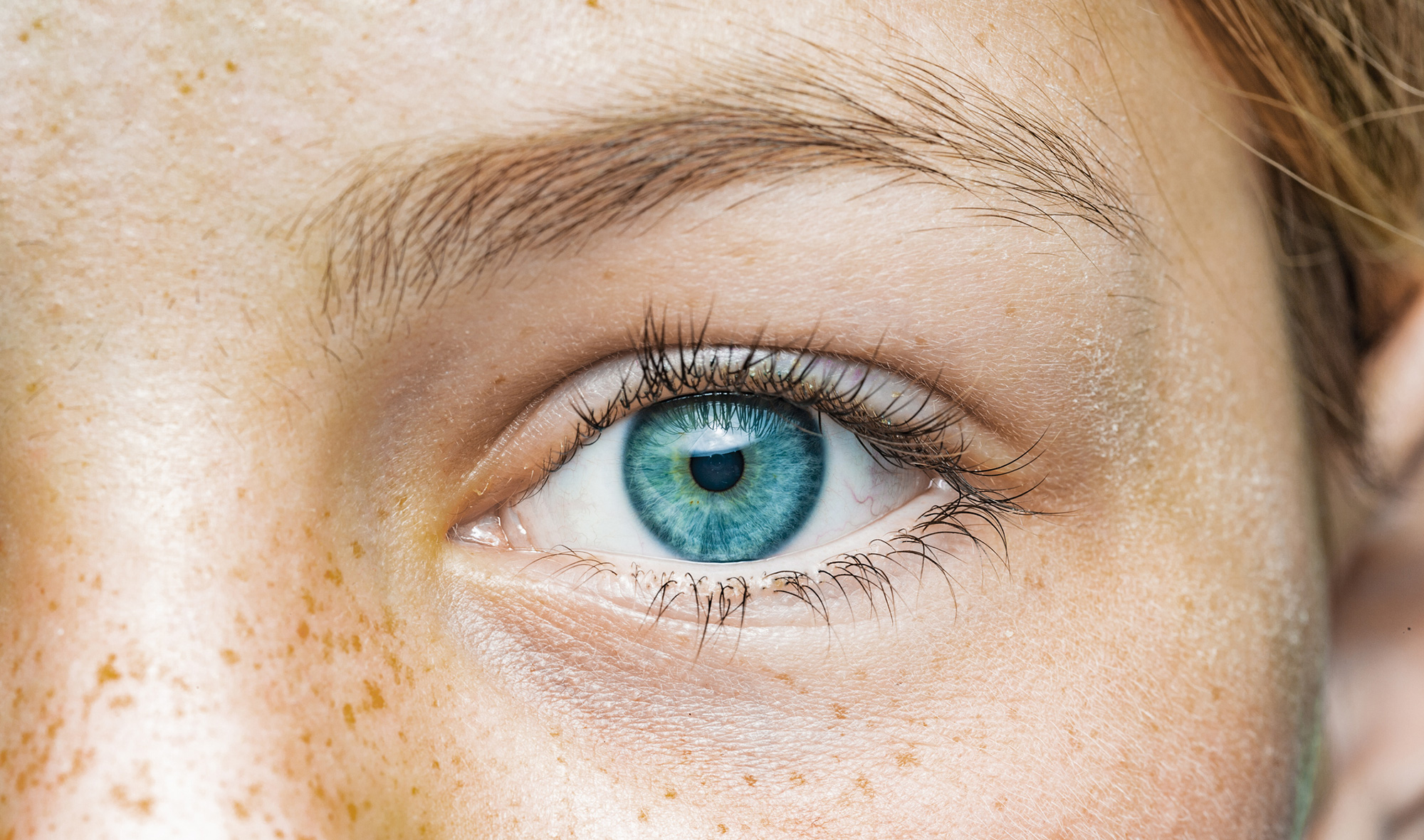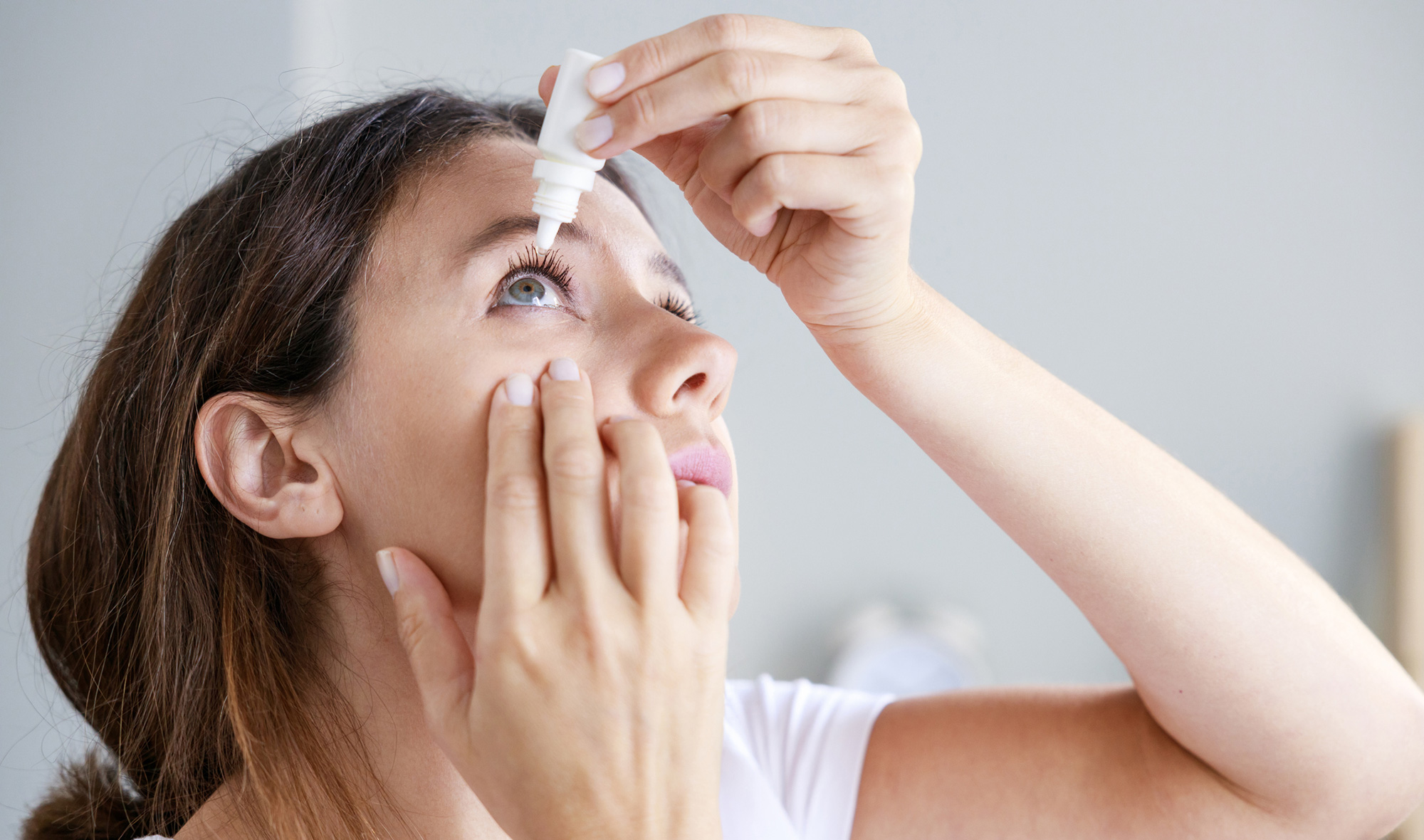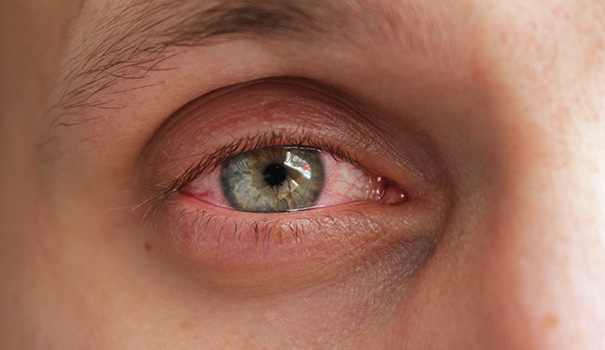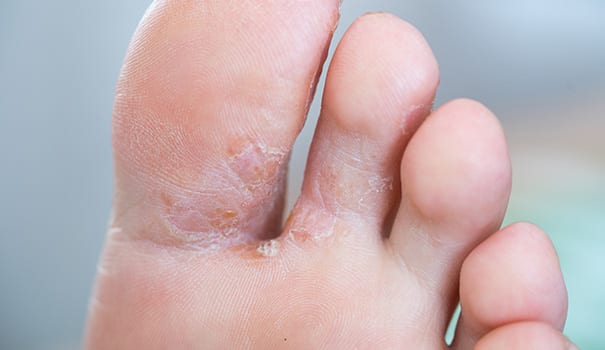Our eyes are our windows to the world, yet they’re often overlooked when it comes to daily health routines. Whether you’re staring at screens all day, struggling with seasonal allergies, or simply noticing changes as you age, maintaining good eye health is essential for overall well-being.
Are your eyes in good working order?
Light enters your eye, passes through the transparent cornea onto the crystalline lens, where it is focussed onto the light-sensitive cells of the retina at the back of the eye. If the image received by these retinal cells is not clear because part of this remarkable camera-like instrument is out of alignment, the electrical impulses sent to the vision centres of the brain will also be out of focus, so that what you see is a blurred image.
Eyesight
Normal eyesight is called 20/20 vision, which is a way of expressing clarity or sharpness of vision (visual acuity) based on what you can see at a distance of 20 feet. Changes to the shape of the eye or its supporting muscles can cause problems with your eyesight:
- Myopia (short-sightedness) – the eyeball is too long and light is focussed in front the retina.
- Hyperopia (long-sightedness) – the eyeball is too short and light is focussed behind the retina.
- Astigmatism – the cornea is misshapen which can distort vision at any distance.
- Presbyopia – muscles in the eye weaken with age and the lens becomes less flexible making it harder for the eye to focus close up.
- Strabismus (squint) – one eye usually moves normally but the other points in another direction; it is usually caused by unequal pulling of muscles on one side of the affected eye.
- Amblyopia (lazy eye) – is a visual consequence of short or long-sightedness or strabismus and can lead to functional blindness in the affected eye because the brain “turns off” this eye and only sees with the good eye.
Common eye problems
- Cataract – is clouding of the lens caused by the clumping of lens proteins, which prevents light passing through. It is a common age-related problem, made more likely by smoking and too much exposure to UV radiation from the sun.
- Blepharitis – is inflammation of the eyelids caused by blocked oil glands or infection; it irritates the eyes, making them watery or dry, with a sensation of ‘something in the eye’ and crusty debris around the edges of the eye.
- Colour blindness – is where you are unable to distinguish between red and green or, less commonly, blue and yellow, due to malfunction of the retinal cells.
- Dry eyes – If your eyes don’t make enough tears or the chemical composition of your tears is defective (so they evaporate too quickly) you can develop dry, red, gritty and even watery eyes. This is a natural part of the aging process, particularly in response to hormonal changes in menopausal women. It is also a side-effect of several medications, including antihistamines, antidepressants and some acne medications. If the eyes become severely dry for a long time, this can cause damage to the cornea.
- Conjunctivitis – is inflammation of the lining of the eye and is caused by allergy or infection.
Serious eye conditions
Age-related macular degeneration
The macula is the centre of the retina which is responsible for central and detailed vision. Degeneration of these cells is progressive; usually age-related and causes blurring and loss of central vision. Its cause is known to be linked to smoking, obesity and poor diet. In its more serious ‘wet’ form, abnormal blood vessels grow and can leak into the retina, which causes scarring and blindness and is the reason for 90% of all AMD. The more common but less serious ‘dry’ form does not always result in loss of vision.
Glaucoma
The eye is continually nourished by a flow of fluid which also helps maintain intraocular pressure and keep the correct shape. Glaucoma is a build-up of pressure in the eye chamber which will eventually damage the optic nerve that takes messages to the brain, resulting in loss of vision. Glaucoma affects 2% of men and women over the age of 40 years, increasing to 10% of those over the age of 70. There is a definite hereditary factor and a child may be born with congenital glaucoma. Although childhood and juvenile glaucoma does occur, these cases are quite rare.
Diabetic retinopathy
Diabetic retinopathy is a degenerative condition where high blood sugar causes damage to the small blood vessels in the eye, which can burst and leak causing deposits on the retina. It affects approximately 4% of the European New Zealand population and 12% of the Maori and Pacific Island population with Type 2 diabetes and can cause loss of vision.
Prevention and treatment
Taking good care of your eyes will help prevent problems developing. Many eyesight problems are easily corrected but more serious conditions need treatment, so any changes in your ability to see clearly should be checked out.
1. Keep your eyes healthy
What can you do to keep your eyes healthy:
- Diet – include lots of omega-3 fatty acids from oily fish like salmon and mackerel to protect against retinopathy and all the coloured fruits and vegetables which contain eye-protective antioxidants and help prevent macular degeneration.
- Protect your eyes – from the damaging effects of UV radiation in sunlight by wearing sunglasses.
- A healthy lifestyle – including exercise and low-fat diet, can promote eye health.
- Regular eye checks – for vision, healthy retina and eye pressure.
2. Treating eye problems
- If you need to – wear corrective eye glasses or contact lenses.
- If you have dry eyes – use artificial tear drops and avoid dry or dusty conditions.
- For blocked tear ducts – apply a warm compress to the eyelids.
- Sore, red or sticky eyes – may require a prescription for antibiotic or anti-inflammatory drops or ointment.
3. Surgery
This includes:
- Changing eye muscle length to correct a squint.
- Cataract surgery to remove and replace the lens.
- Laser treatment to correct vision by reshaping the eye.
4. Managing with poor eyesight
- Visual aids such as large print books or magnifiers will help if you have failing vision. Discuss your needs with your medical practitioner or ophthalmologist.
- Consider a vitamin supplement. Take a recommended supplement which contains a combination of certain vitamins, minerals and antioxidants which may help slow the progression of macular degeneration. Tablets are available on prescription.
Your vision plays a vital role in your quality of life, and taking care of your eyes should be a priority—not an afterthought. By adopting a healthy lifestyle and scheduling regular eye exams, you can protect your sight and catch potential problems early. Whether it’s wearing sunglasses, taking screen breaks, or eating for eye health, small changes can make a big difference. After all, your eyes do so much for you—it’s time to return the favour.

















Community